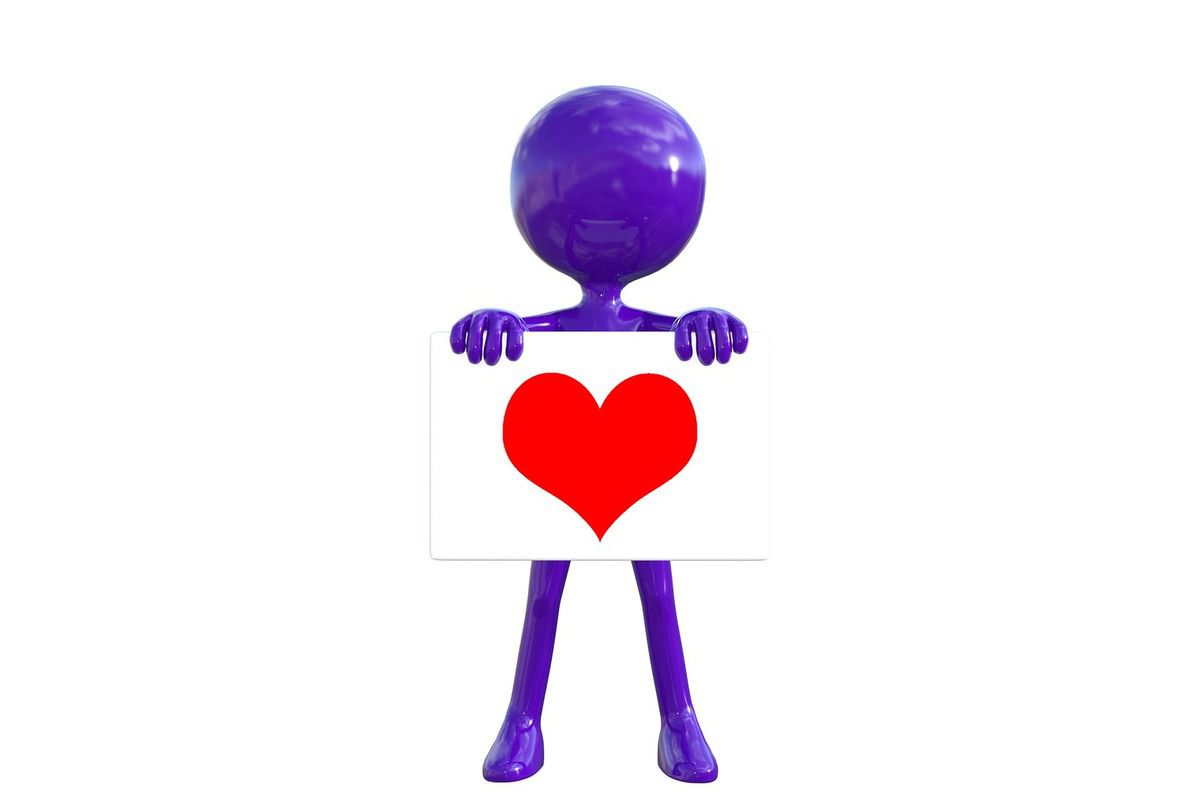
via FastCompany by Gwen MoranCheerful calls of "Season’s Greetings" or Happy Holidays" typically were a catch all for well-known holidays like Hanukkah and Christmas. However, December is a month filled with multicultural observances and celebrations, many of which are not as widely recognized in the U.S.
But understanding them is important, says Rachel C. Weingarten, author of Ancient Prayer: Channeling Your Faith 365 Days of the Year. "I think we're all looking for reasons to celebrate. When you understand this about other people you find the similarities instead of the differences," Weingarten says. While the holidays and observances range from somber to joyful, they represent common themes and emotions that can help us better understand each other, she says.
So, if you’re not sure what Kwanzaa is all about or what greeting to use for Milad un-Nabi, here’s a chronological calendar guide to December's holidays, as well as their dates, meanings, and the customary greetings for each.
Ashura means the "tenth day" in the Semitic language, says cross-cultural and international protocol and etiquette expert Sharon Schweitzer, founder of Protocol & Etiquette Worldwide. On this day, Sunni and Shia Muslims remember Allah’s role in saving Moses and Israelites from the Egyptian pharaoh (Sunni) and the passing of Hussain ibn Ali, the Prophet Muhammad’s grandson (Shia), Schweitzer says Sunni rituals include observing Ashura by fasting, which is not obligatory, but recommended. It is a somber event and the common greeting is: "May Allah greatly reward you," Schweitzer says.
The Feast of St. Nicholas marks the anniversary of death of the saint known for his generosity and giving gifts in secret. (He is also the model for Santa Claus.) The focus of the holiday is being generous by secretly giving to those in need, Schweitzer says. The greeting is "Happy Saint Nicholas Day."
Buddhists observe this as the day Prince Siddhartha Gautama obtained enlightenment (bodhi) and became the first Buddha, or "awakened one." The holiday is especially important in Mahayana Buddhist traditions, Schweitzer says. While there is no official greeting, practicing Buddhists may wish one another a "happy Bodhi Day."
A common misunderstanding of this holiday is that it observes the day when Jesus Christ was conceived. However, it actually observes the conception of Mary, Jesus’s mother, and the belief that she was born without original sin. While there is no official greeting, it is considered a holy day and observers may attend religious services.
This joyful Muslim holiday Milad un-Nabi celebrates the birth of the Prophet Muhammad with festivals, processions, gift-giving, worship and charitable acts. "The day is a vibrant celebration of the Prophet’s life and teachings," Schweitzer says. The traditional greeting for this holiday is "Eid Milad un-Nabi."
This is a family-centered festival of giving for the Hindus. "From December 21 to 25, wish practicing Hindus a ‘merry Pancha Ganapati,’" Schweitzer says. This colorful celebration often includes the creation of a shrine to Lord Panchmukhi ("five-faced") Ganapati, a form of the Hindu deity Lord Ganesha. Each morning of the holiday, the children decorate the statue in the day’s symbolic color that represents one of his five rays of energy, known as "shaktis."
The winter solstice, called Yule in some Pagan traditions, celebrates the return of the sun, says Sharon O’Brien, cofounder of Song of Avalon, a "grove," or group of practicing Pagans. Each day after the solstice, people in the Northern Hemisphere gain a few minutes of daylight until the summer solstice in June. Many Christmas traditions, such as decorating with evergreens and gift-giving are drawn from ancient Yule season celebrations. Common greetings are simply "Happy Solstice" or "Happy Yule," O’Brien says.
Dongzhi is a traditional Chinese holiday that celebrates the winter solstice and the balance of yin, the negative qualities of darkness and cold, and yang, the qualities of light and warmth, Schweitzer says. The day is marked with worship of the heaven and ancestors and traditional foods. Wish observers a "Happy Dong Zhi" or "Happy Festival." To observe proper holiday protocol culturally, don’t refuse food that is offered, Schweizter says.
Hanukkah, or Chanukah, also called the Festival of Lights, is an eight-day celebration of the rededication of the Holy Temple in Jerusalem in 165 B.C. After a small group of Jews fought off Syrian-Greek soldiers to reclaim the temple, their one-day supply of oil miraculously burned for eight days. Common traditions include lighting one of eight candles on a menorah and gift-giving. Wish those celebrating a "Happy Hanukkah."
Celebrating the birth date of Jesus Christ, Christmas is one of Christianity’s holiest and most joyful observances. The day is marked by worship, gift-giving, and feasting. Wish celebrants a "Merry Christmas" or "Happy Christmas." However, Orthodox Christians will celebrate Christmas on January 7, 2017.
Celebrated mostly in Canada and European countries, Boxing Day was traditionally the day when hired help got the day off to celebrate Christmas with their families—the day after the Christmas holiday. Wish those who celebrate a "Happy Boxing Day."
Originating in 1966, Kwanzaa is modeled after the African harvest festivals of Swahili matunda ya kwanza, meaning "first fruits." The seven-day event culminates in feasting and gift-giving. Greetings vary depending on the day, Weingarten says. On each of the seven days, participants ask, "What’s the news?" And the answer for each day is different, including unity, self-determination, collective work, and responsibility, and other core principles.

/image%2F1152236%2F20191031%2Fob_cdc6f8_hans-peter.jpg)